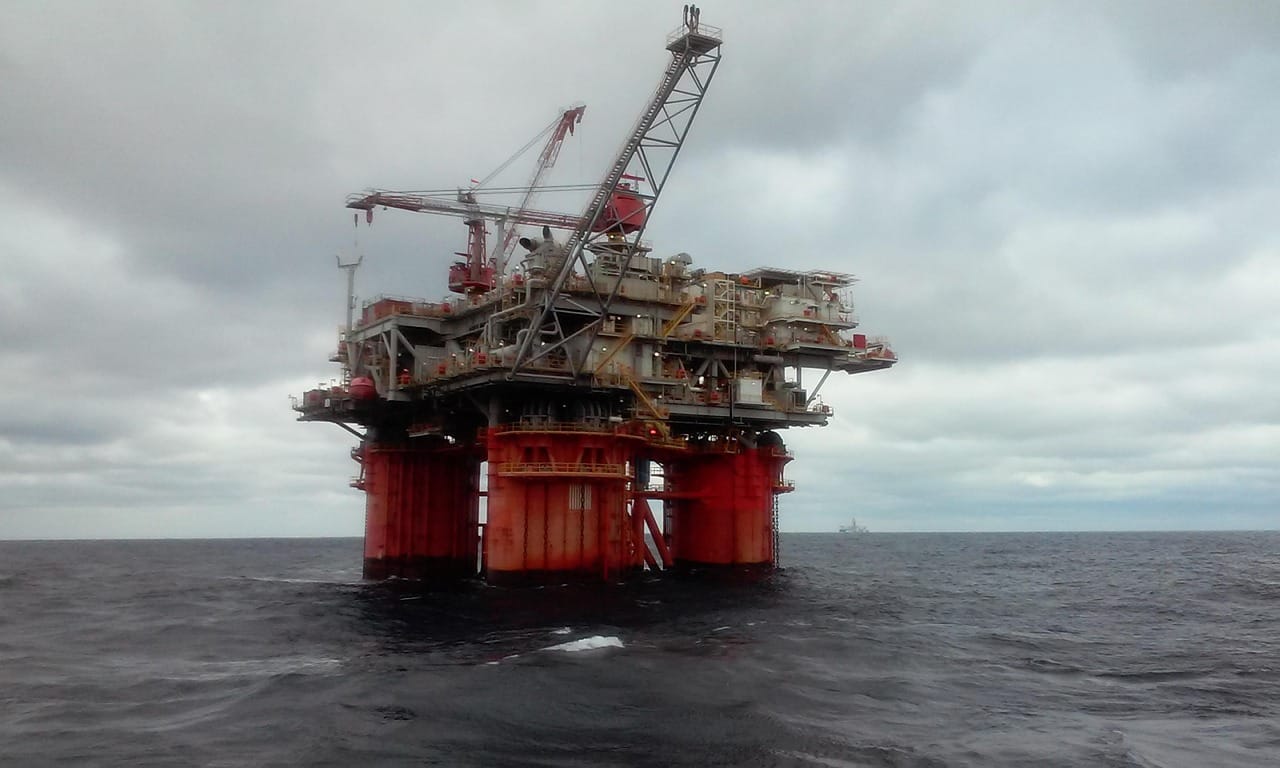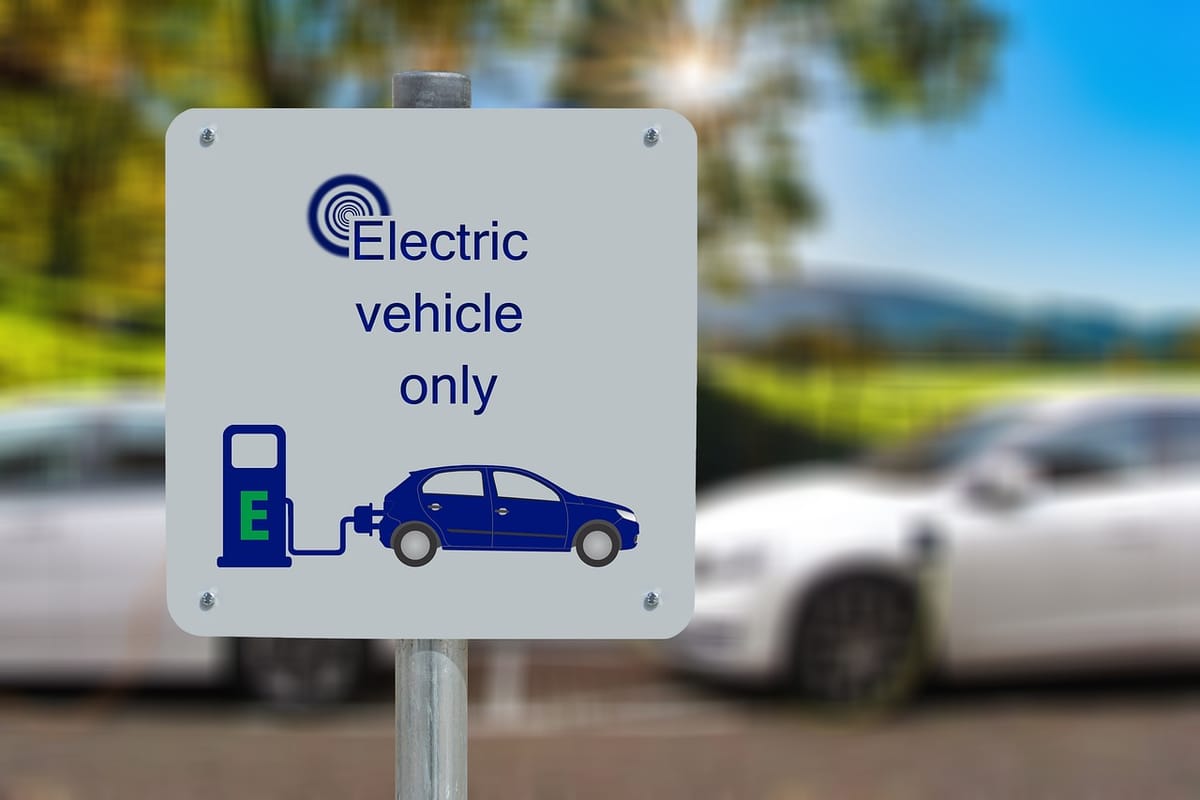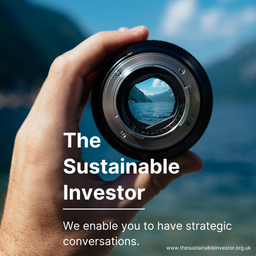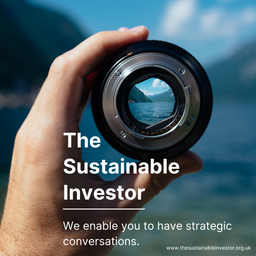
Sunday Brunch: energy security is not the same for all countries
The shift to renewables is not just about cost or emissions. One argument used to support the shift is energy security - reducing reliance on imported fossil fuels. It's broadly correct. But it should be used with care, it doesn't apply to all countries.
We need our future energy to be more sustainable, secure, and affordable. So lower carbon emissions, available when we need it, and at a price that makes sense for retail consumers and industry. It's often hard to deliver all three together, at least in the short and medium term.
Fossil fuels used to be the automatic default to provide energy security. But in an increasingly uncertain world, many countries are thinking differently about what energy security means for them.
This was the topic of a recent report from Ember 'Energy Security in an Insecure World'. In it they estimate that:
74% of the world’s population live in countries that are net importers of fossil fuels, according to Ember’s calculations from IEA energy balances data in 2022. This includes all of Greater China, South Asia and Northeast Asia; 99% of Europeans; two-thirds of Africans; and nearly half the populations of Southeast Asia and Latin America.
Many countries on this list are seeking to improve energy security through a greater focus on electrification via renewables. As this shift happens, it will have massive implications for companies in a whole range of different industries.
Before we consider the implications for investors, you will have noted that one big country is missing from that list, the United States. According to Ember, for the first time since 1945 the US is energy independent.
Energy security for investors
As investors we need to know that the companies we are involved with are anticipating and preparing for these changes. This is not just a topic for fossil fuel companies, it goes a whole lot wider than this.
And, this is subtly different from having targets that are aligned with net zero (normally by 2050). It requires companies to disclose and explain what concrete actions they will take, and how this meshes with their broader strategy and value creation process.
It's important to note that this is not (just) a sustainability issue - how companies respond to these challenges will drive their long term profitability and value creation. It's an issue for all investors.
Will heightened energy security lead to the end of fossil fuels?
Probably not. But many countries now have viable alternatives. And in some cases these alternatives not only reduce greenhouse gas emissions, and improve energy availability, but they can also be cheaper.

For those countries that have to import their Oil & Gas, relying on fossil fuels creates material energy security risks. These risks are not new. I worked in the gas industry when oil prices went below $30/barrel, and I worked in asset management when they were well over $100. Despite appearances, relying on fossil fuels does not create energy security. It's sometimes rationed, and it's often very expensive.
But, recent geopolitical events have brought this issue into sharper focus.
In discussing energy security it's also important to recognise that electrification (via renewables) also brings its own challenges. These are solvable, but we need to stop thinking that the solution is just about building more wind and solar generation capability. We also need investment in the hardware and software to support the new grid operating environment.

What type of companies will be most impacted?
According to Ember three areas provide most of the benefits. Rolling out EV's, replacing fossil fuels for electricity generation, and heat pumps. Again quoting the Ember report...
"The biggest impact comes from replacing all imported oil for road transport globally with EVs (33%). Scaling wind and solar to displace all imported fossil fuels in global power generation saves 23%. Heat pumps replacing all imported fossil fuels used for building heat worldwide add 14%."
So, from an investor perspective it's about road transport, electricity utilities, and building heating and cooling (plus a bit for industrial heat). Plus O&G - as a net loser. And if you add this to the electrification of steel and cement, the bulk of the heavy lifting is done.
And what about the energy independent countries?
The energy security equation for the US is different. Being energy independent makes a difference, but maybe not as big a difference as you might think.
To quote the recent Ember report on the US ...
"Solar generation boomed in 2024, rising by 27%, while wind rose by 7% and coal fell by 3.3%. Since the peak of US coal power in 2007, wind and solar have overtaken coal in 24 states, with Illinois the latest to join the ranks in 2024, following Arizona, Colorado, Florida and Maryland in 2023."
And an often unappreciated fact is that the biggest US state for renewables is Texas, the home of the O&G industry. According to data from Cleanview and the U.S. Energy Information Administration (EIA), Texas is dominating the development of renewable energy generation and battery capacity within the United States, and it is estimated to have installed nearly 80% more combined solar, wind and battery capacity than the next largest state.
While the energy security argument is important, other factors clearly also play a key role.
One last thought
The pace at which the changes above will take place (and hence how quickly companies will need to respond) will be driven, at least in part by politicians. They are the group that sets the rules and regulations.
When we test how quickly a company needs to respond to these changes we have to remember that by and large politicians are not brave people, they want to do something that a large minority, if not the majority, will support.
Which is why what the public believes about Electric Vehicles', heat pumps and renewables really matters. And why 40% saying that they don't think EV's are better for the environment is a worry.

Please read: important legal stuff.




